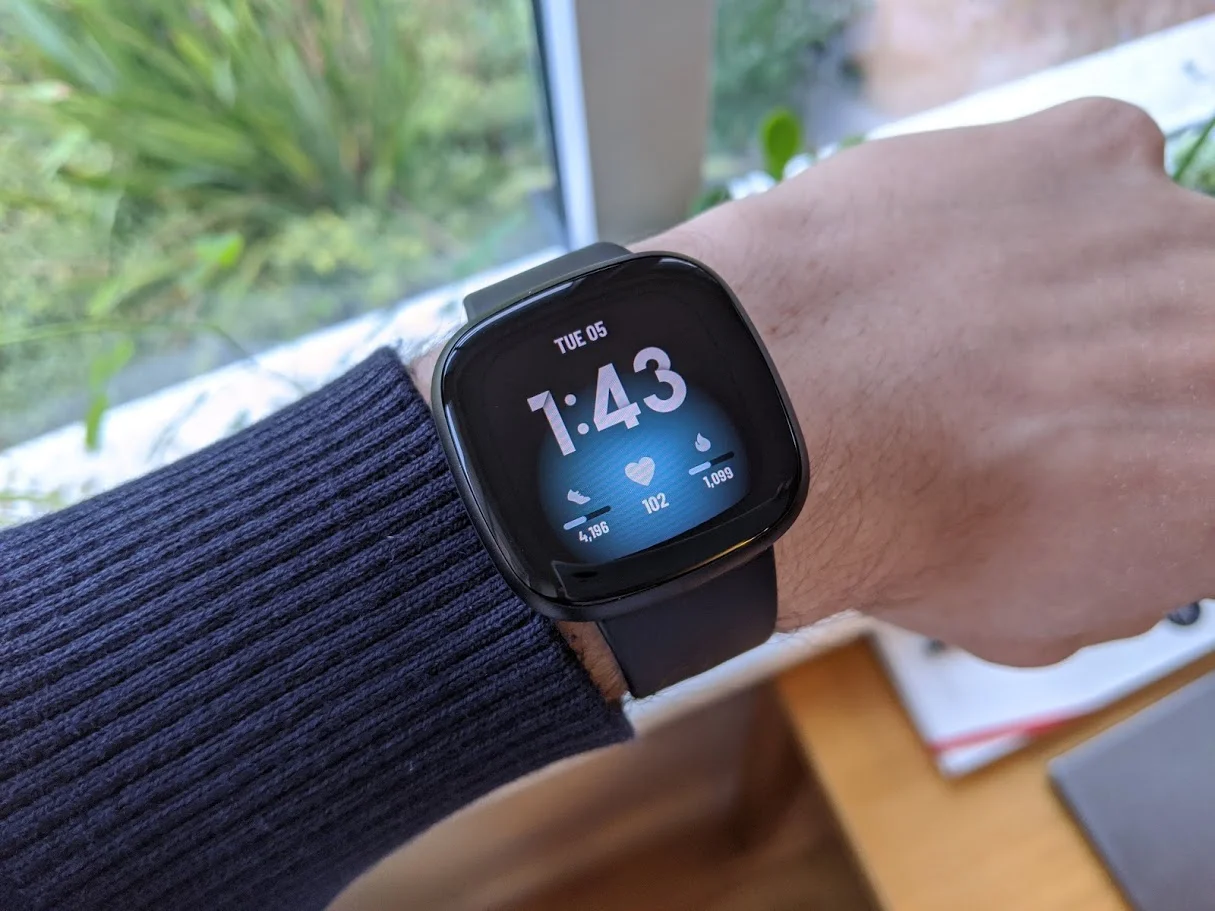How to Set Personal Goals That Actually Stick
How to Set Personal Goals That Actually Stick
Setting personal goals is an important part of personal development, but often people struggle to stick with them. Whether it’s losing weight, saving money, or starting a new hobby, setting personal goals that actually stick requires a systematic approach. In this article, we will discuss how to set personal goals that actually stick and provide tips for staying on track.
Setting SMART Goals
When setting personal goals, it’s important to follow the SMART criteria: specific, measurable, attainable, relevant, and time-bound. Setting specific goals helps to provide clarity, while measurable goals provide a clear understanding of when the goal has been achieved. Goals should be attainable and relevant to your overall life plan and should have a specific timeframe for completion.
Breaking Down Goals
Breaking down goals into smaller, manageable tasks can make them less overwhelming and more achievable. For example, if your goal is to run a marathon, start by setting smaller goals such as running a certain distance each week, increasing your pace, and improving your stamina. Breaking down larger goals into smaller tasks not only makes them more manageable but also provides a sense of accomplishment as each task is completed.
Creating Accountability
Creating accountability for your goals can significantly increase your chances of sticking with them. Whether it’s sharing your goals with a friend or family member, joining a support group, or hiring a coach, having someone to hold you accountable can provide the motivation and support you need to stay on track. Additionally, tracking your progress and celebrating small victories can also help keep you motivated and focused on your goals.
Overcoming Setbacks
Setting personal goals is not always a linear process, and setbacks are bound to happen. It’s important to understand that setbacks are a natural part of the journey and to not let them derail your progress. Instead, use setbacks as learning opportunities and adjust your approach as needed. Reflect on what caused the setback, make any necessary changes, and recommit to your goals.
Staying Flexible
While it’s important to have a plan in place for achieving your goals, it’s equally important to stay flexible. Life is full of unexpected challenges and changes, and being able to adapt to new circumstances is essential for long-term success. As you work towards your goals, be open to changing your approach and adjusting your timeline if necessary. Sometimes, the path to achieving your goals may not be what you initially anticipated, and that’s okay.
FAQs
Q: What are some common reasons why people struggle to stick with their goals?
A: People often struggle to stick with their goals because they set unrealistic expectations, lack motivation, or face unexpected challenges. It’s important to set realistic and achievable goals, find sources of motivation, and be prepared to adapt to unexpected hurdles.
Q: How can I stay motivated to achieve my goals?
A: Finding sources of motivation, creating a support system, and regularly tracking your progress are key to staying motivated. Celebrate small victories along the way and remind yourself of the reasons why you set your goals in the first place.
Q: Is it okay to change my goals if my circumstances change?
A: Absolutely. It’s important to stay flexible and adapt to new circumstances. If your goals no longer align with your current situation, it’s okay to adjust them or set new ones. The key is to stay focused on your personal growth and well-being.
External Links:
For further information on setting and achieving personal goals, check out the following links:

